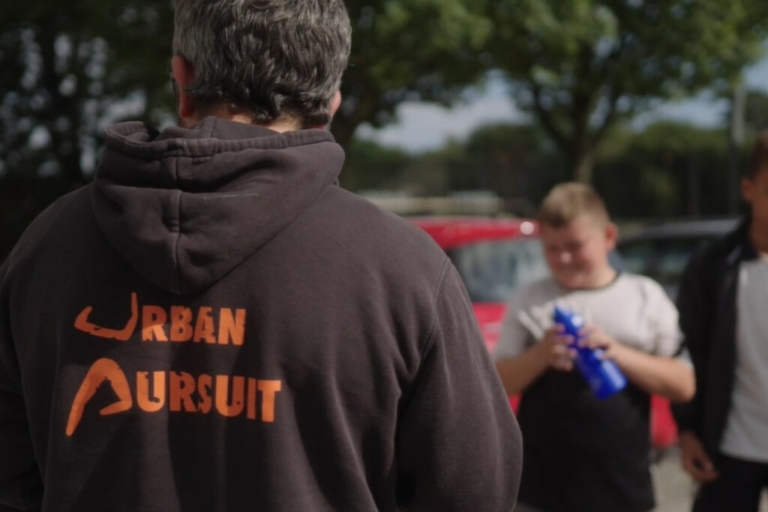South: Real income growth to slow sharply as inflation rises in 2017

After enjoying ‘boom’ conditions last year, consumer spending growth is expected to fall to a four-year low in 2017, according to the EY ITEM Club’s special report on consumer spending. Household spending power will be hit by a sharp deceleration in real income growth as a result of a triple-whammy of rising inflation off the back of sterling’s drop in 2016, stagnation in the jobs market and the impact of cuts in welfare spending on non-work incomes. Lower earners are likely to be hit disproportionately hard.
CPI inflation is expected to average 2.8% this year, a five-year high, and the EY ITEM Club is pessimistic about the prospects of a pickup in wage growth to compensate. As a result, real earnings growth is forecast to slow sharply from 1.8% in 2016 to only 0.1% in 2017. This will have a knock on effect on real consumer spending which the EY ITEM Club forecasts to rise by 1.7% - its weakest rate since 2013 - compared with the 12-year high of 3.1% last year.
The silver lining, according to the report, is that non-income drivers of spending are looking relatively buoyant. In the third quarter of 2016, households’ net financial wealth (including bank deposits, equities and money invested in pension funds and deducting financial liabilities) was up by 12.5% on the previous year, largely due to rising equity prices. This represented almost four times the average household’s income. EY ITEM Club says that this will provide a ‘prop’ to spending, ensuring that the slowdown in spending growth is less abrupt than the weakening in real incomes.
Higher inflation to cut off real pay growth revival
Martin Beck, senior economic advisor to the EY ITEM Club, commented: “Higher inflation will be the key culprit in the sharp slowdown in consumer spending growth this year, cutting off what has been an all-too-brief revival in real pay growth and continuing the dismal picture for real earnings seen since the financial crisis. There should be some improvement in 2018, as inflation begins to cool, but even then we anticipate real wage growth of just 0.7%. It is likely to be 2019 before workers begin to enjoy more ‘normal’ rates of real wage growth again.
“Lower income households will be disproportionately hurt by the increase in inflation combined with welfare cuts, while rises in the National Living Wage (NLW) will support this group by less than appears at first sight. Furthermore, the silver lining this year of stronger household balance sheets and robust dividend payments will overwhelmingly accrue to the better-off.”
Lower earners likely to be hit hardest
Differences in spending patterns between income groups mean that while inflationary trends have worked in favour of lower income households in recent years, they are now set to hit this part of the population hardest, with increases in the price of essentials such as food, energy and petrol.
In 2015-16, the bottom two income deciles spent an average of 24% of their disposable income on food, motor fuel and energy bills. But this share was only 12% for the top 20% of households by income. The higher propensity to consume out of income of lower income households means that the rising price of essentials is set to exert a disproportionate drag on discretionary spending.
Retailers facing the perfect storm
Richard Baker, managing partner at EY across the Thames Valley & South Coast, commented: “This year retailers are facing the perfect storm of keeping pace in a rapidly changing industry combined with the increasingly tough economic backdrop that is hitting consumers. The ‘margin vice’ caused by currency devaluation, discounting and the NLW, coupled with the costs of delivering the seamless omni-channel service that consumers now expect, make these difficult times for retailers.
“In order to thrive, southern retailers need to look at how they can evolve and shape the future rather than react to short-term customer demands. The sector is undergoing a high level of technological disruption and, to remain competitive, many retailers will need a level of risk taking that was not necessary in the past. They need to play to win, rather than not to lose. This is a difficult shift to make, especially when retailers are under pressure elsewhere.”












